“Ab to zamana badal chuka hai,” says Pashang Tamang with a wry smile when over a cup of chai, I ask him if the kids these days prefer to pick their own partners. Times have changed but even in the last decade, the Lepchas were part of a close-knit community in which marriages were arranged strictly between families with the same surname i.e. within the same sub-caste. The formal consent of the families was the first impetus behind starting a conversation between a man and his wife-to-be but tourism has sunk deeper into the social fabric of the Lepchas than can be gleaned from a night at one of the numerous homestays in Lepchajagat. As the Lepcha teenagers of today text each other about their dreams and desires, Pashang still looks somewhat unsettled at the thought of a Tamang marrying a Gurung.
Pashang, the proprietor of Kanchankanya Homestay in Lepchajagat and our host for the next couple of days, is a busy man. While he is supervising the construction of a third floor over the existing structure and worrying about how to arrange regular hot water supply for the guests in the winter, his primary concern continues to be the increasing competition in the lucrative hospitality industry. Seven years back when the great Bengali adventure seekers and weekend travel enthusiasts were pinning Lepchajagat as the perfect place to drop into anonymity on the offbeat tourism map, Kanchankanya was one of the few homestays. Now, with each passing day more concrete structures are mushrooming on the hillside. Where there were the sprawling fronds of ferns, velvety clumps of moss, and rhododendrons, now stand rectangular structures obstructing views of the magnificent Kangchendzonga and its snowy neighbours.
Also read: Come to Okhrey, the gateway to the famed Barsey Rhododendron Sanctuary, and spend a few days amid flowers and solitude. See our Okhrey, West Sikkim Travel Guide for more information.

Lepchajagat, or Lepcha Bustee as the locals say, started out as a settlement of around twenty Lepcha families on a stretch of motorable road between Ghoom and Sukhiyapokhri. In the 1800s, when the tea estates around Darjeeling began to flourish, members of the Lepcha community moved to Darjeeling and its surrounding areas to find work. Almost every family in Lepchajagat can trace their ancestry to someone who worked as a labourer in one of the many tea estates that the region is now famous for. The plantation owners wanted a local workforce who were willing to labour for low wages and were also conversant with these heavily wooded hills and their mysteries. The Lepchas fitted the bill perfectly. Eventually few of the Lepcha families chose this tract of pine and fir-covered hillside to build a community and that is how Lepchajagat, literally World of the Lepchas, came to be.
But after Independence, the tea estates fell into throes of mismanagement. As trade dwindled, the growing community was left to figure out alternate livelihoods. Increased connectivity and the tourism explosion in Darjeeling pushed travellers to find untrodden destinations around Darjeeling. What had started out as a secret began to evolve into a weekend destination and finally into an overrun weekend destination. With no notable points of tourist interest, Lepchajagat is where one can indulge in the magic that is slow living. Walking about the village, striking up conversations with locals over cups of chai, hiking in the mist-clad woods, bird watching, learning about the many species of orchids that grow here, gazing at the jewel-like adornments of Darjeeling after sunset… a weekend in Lepchajagat is the epitome of peaceful. Quite paradoxical how people looking for the simple life are in fact the catalysts behind turning this pristine hamlet into yet another commercialized tourist spot!
Also read: Planning to head to Darjeeling next? Check out our itinerary: 3 Days in Darjeeling: Nature Walks & Nostalgia.

Over the years, the number of homestays has increased exponentially. More tourists translated to more demand and in an attempt to part ways with the back-breaking labour in the tea industry, the Lepchas waded into the hospitality business. Where there were only some twenty or twenty-five single storied huts before, there are possibly close to almost fifty permanent structures now. Properties are being evaluated for luxury resorts where tourists can unwind in spas and enjoy global fares in multicuisine restaurants. A few years back, you could partake of the authentic homestay experience where you could stay with a local family and share their culture and food but on this trip, we could find not a single traditional Lepcha dish in the heart of Lepchajagat. The typical Bengali menu: Dal, bhaat, alubhaja with double egg curry for lunch and roti with chicken curry has become the local cuisine de jour. There is no mention of gundruk, thenthuk, pork shyapta or any of the dishes we had tasted in a Lepcha community in Sikkim. And even finding a slice of solitude and quietness in Lepchajagat has become difficult with boisterous tourists who are, for the most part, totally disrespectful of the needs of fellow travellers. While we could ruminate over how the swarms of Bengali weekend travelling parties who hardly take any interest in the local culture and the indigenous food is the primary cause to blame, there are other reasons.
Sitting on the rooftop and watching the clouds swaddle distant Darjeeling with their billowing orchid petals, I wonder why the Lepcha community in North Bengal is so malleable. Tourism appears to have penetrated so deep into the community that it has begun to dictate everyday culture and day-to-day lifestyle. But has it infiltrated the inner sanctum of beliefs and rituals? I do not know. And while there are positive sides to this mingling— for example, the young Lepcha members who feel empowered to decide who they want to spend their lives with and the general consensus towards more progressive values— they come at a price. With more money flowing in from the influx of tourism, members of the Lepcha community at Lepchajagat are stepping over the thresholds of poverty and physical labor and are now able to look towards a brighter future for the coming generations but in ways that, besides being inconsiderate to the environment, are also chipping away at their indigenous traditions and cultural heritage. Ask a young Lepcha and they might not be able to tell you about their traditional diet, folklore, and costumes. It is their willingness to change and adapt to the needs of the quintessential Bengali tourist that is eroding and altering the norms and habits of the community.
Also read: Spend a few days in serene Chhota Mangwa with our Chhota Mangwa Travel Guide.

Another unfortunate aspect is how the politics of West Bengal has never been kind to the people of the hills. In the long history of India’s sovereignty post-Independence, neither any party nor any person has taken up the onus of speaking for the agenda of these people. Relegated somewhat to a secondary degree of citizenship, the Lepchas, along with members of other tribes were unable to establish a popular and proud culture of their own. The Lepcha people, whose country of origin might have been Myanmar, Tibet or even faraway Mongolia and who have traversed thousands of miles to find a livelihood, firmly believe that they are indigenous to the region. This “misbelief” regarding their own history and heritage might also be instrumental to this lack of a stronger sense of self-identity.
As evening settles over Lepchajagat, the nip in the air turns into a teeth-clattering cold. Pashang’s wife brings me another cup of Darjeeling tea. Looking at the sincerity in their eyes, their hospitality and the warmth that is evident each time they inquire if I need anything more to feel at home, I start to question what can we do for them, their community, and this serene, idyllic hamlet that is slowly falling prey to rampant commercialization.
I wonder what can we as travellers do so that the history and habits of the places we travel to do not fall victim to our comforts and needs. As a traveller, we learn from the community we travel to and members of that community learn from us. It is an exchange, not only of money for accommodation and food but also, of culture and linguistics. Would it bother you immensely to not partake of your usual dinner and try what the locals eat? Are you not curious to learn about these people and their ways of life? You are probably wondering why of all things am I emphasizing food so much. It’s because food is a great ice-breaker and perhaps the easiest route to enter a conversation about someone’s cultural heritage. It is tangible; it appeals to all your senses and most importantly, you can return home with a recipe you can recreate in your kitchen.

In the street below, a small group of teenagers is playing a game of football in the receding purple light that is heavy with the essence of conifers and rhododendrons. Pashang promises that he will teach me to cook some Lepcha dishes the next time I visit. The tea has warmed my arteries. Between trading stories and discussing the politics of the country, I want to fold what remains of the magic of Lepchajagat into an envelope and share it only with my trusted friends, who I believe are capable of respecting the sanctity of the spirit of a place. The wind whistles down the forested slopes; the forecast for tomorrow is scattered showers. As we walk down the stairs, Pashang explains the meaning of the word Lepcha.

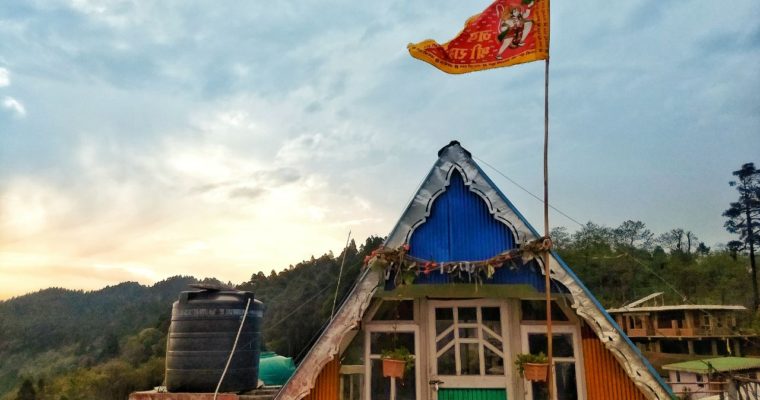
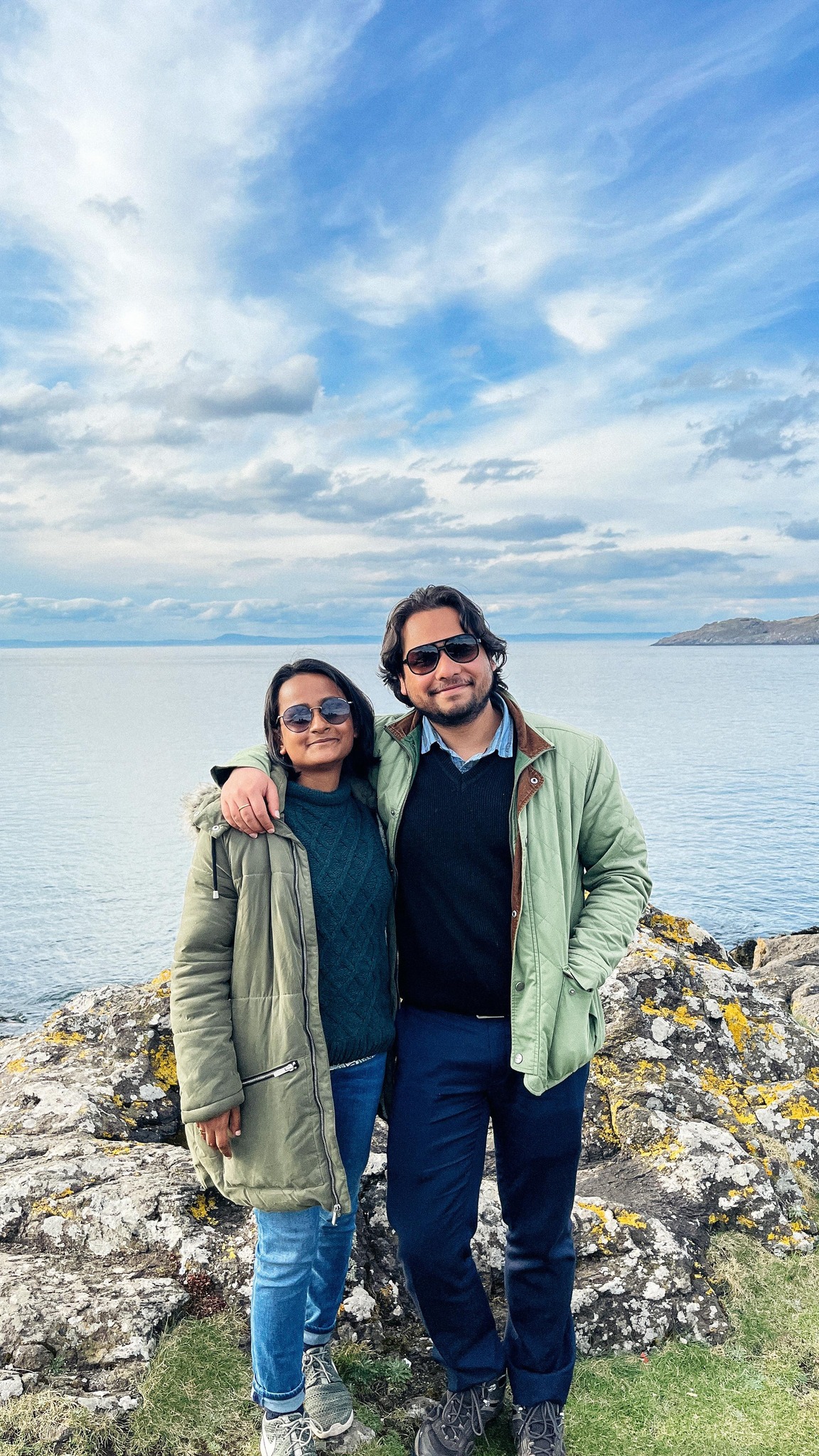
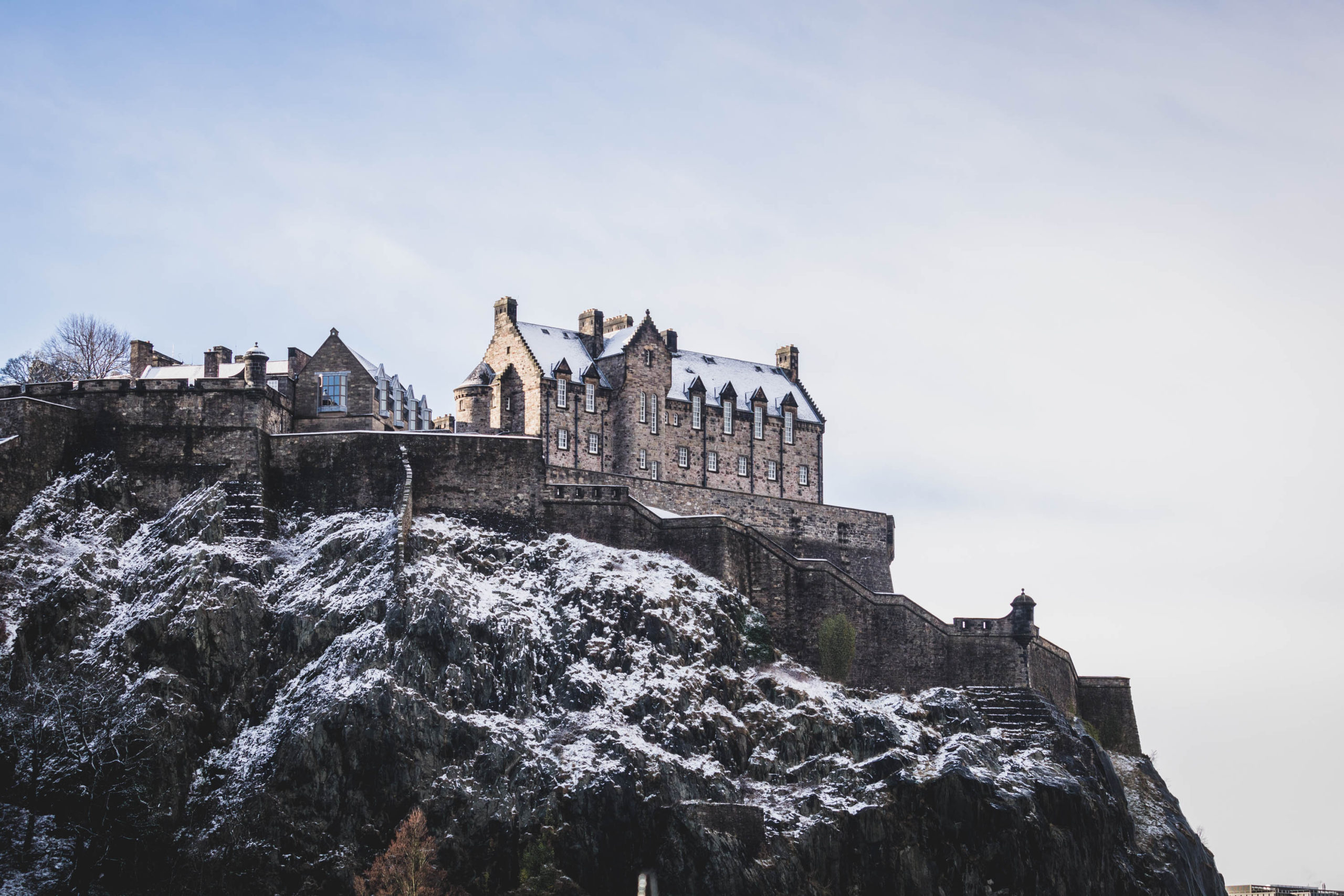


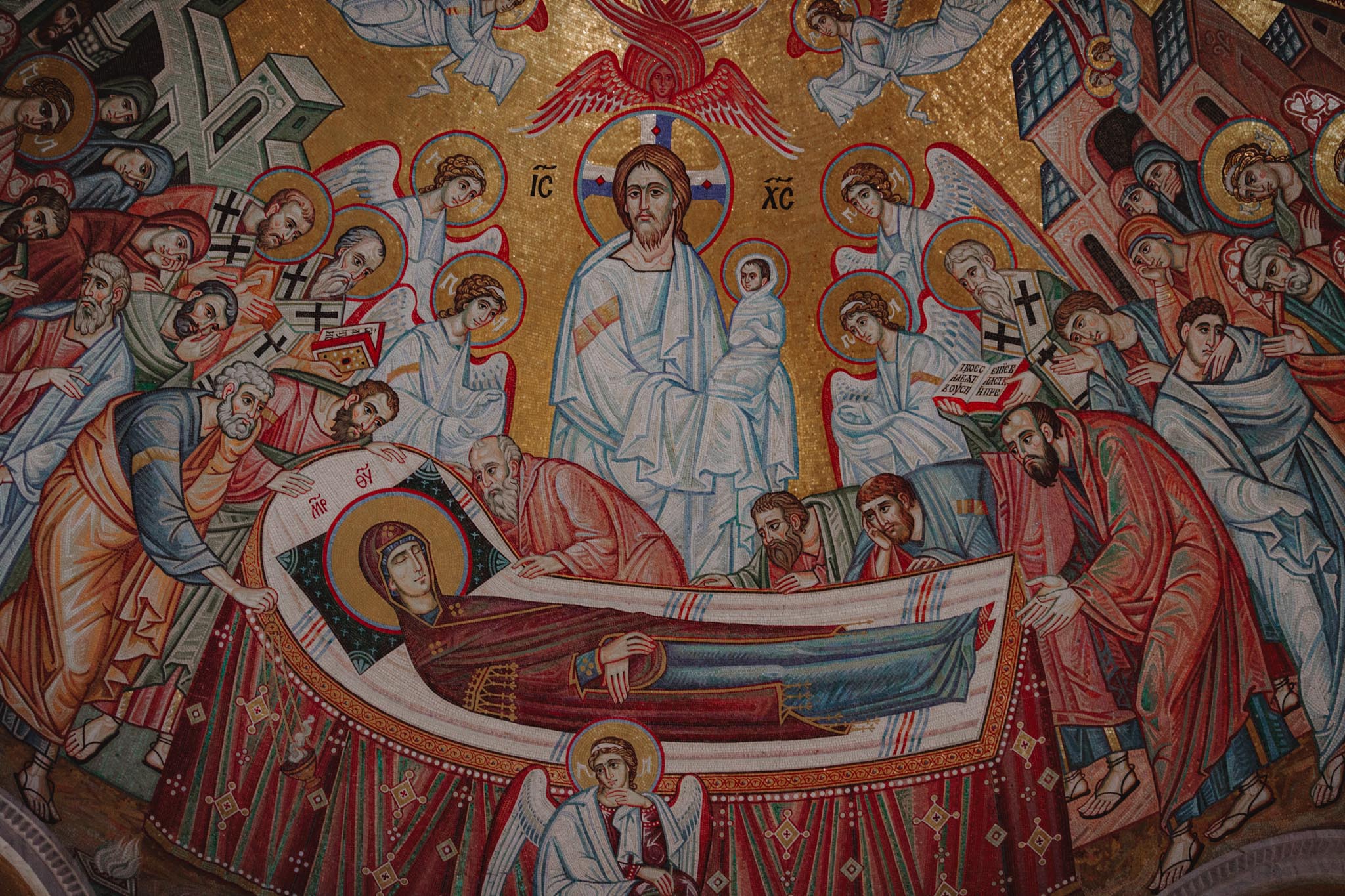
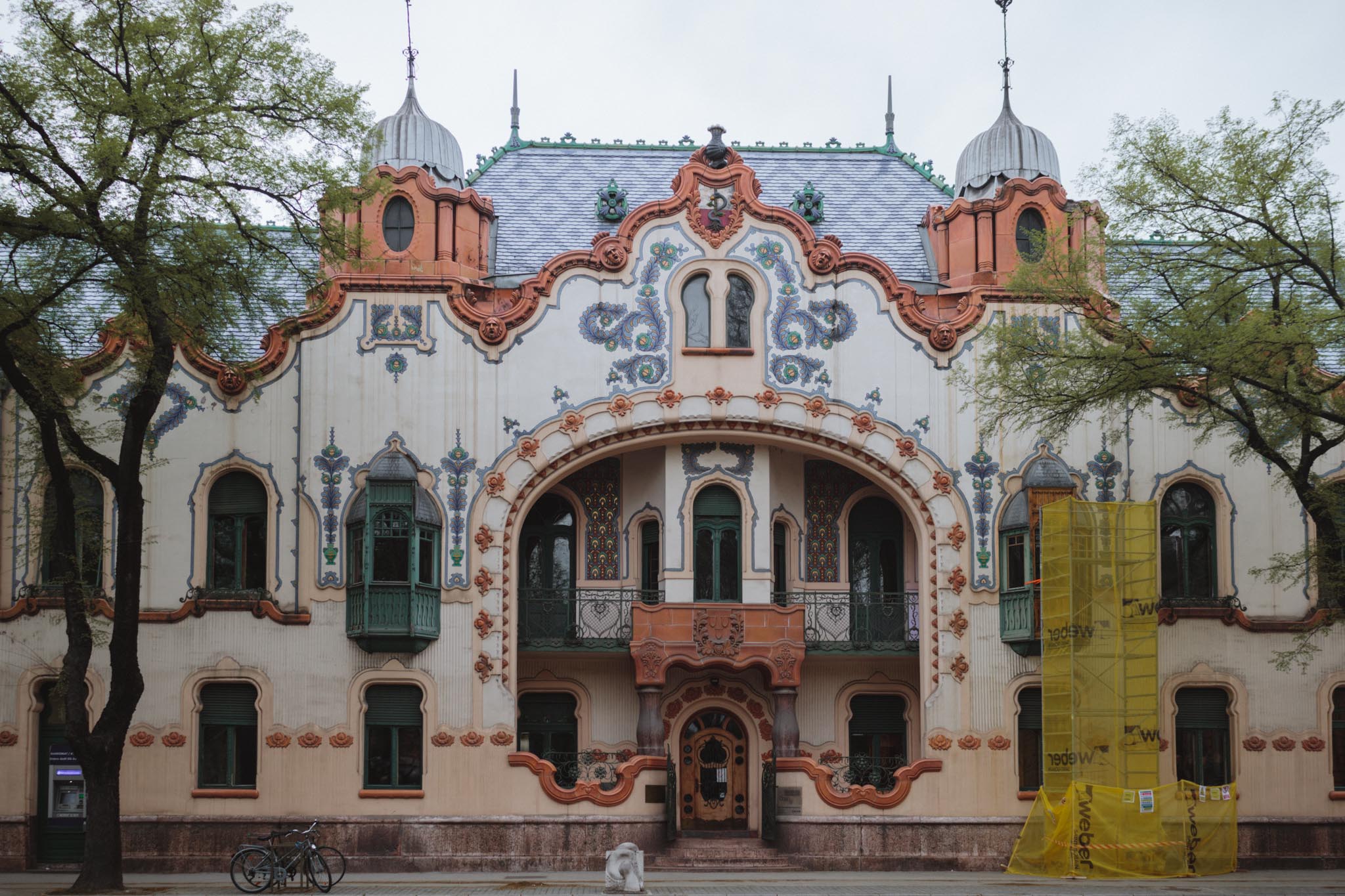
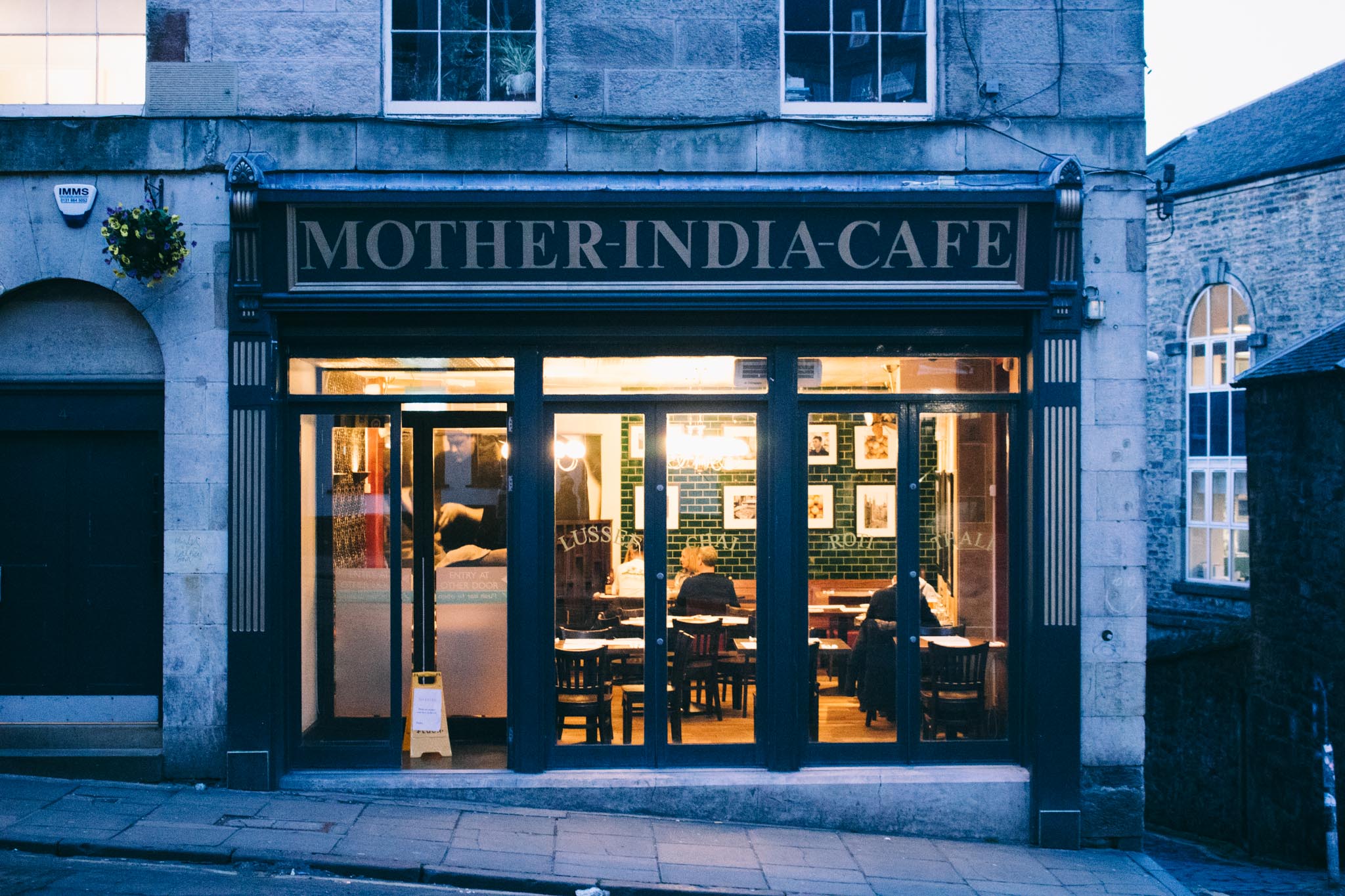
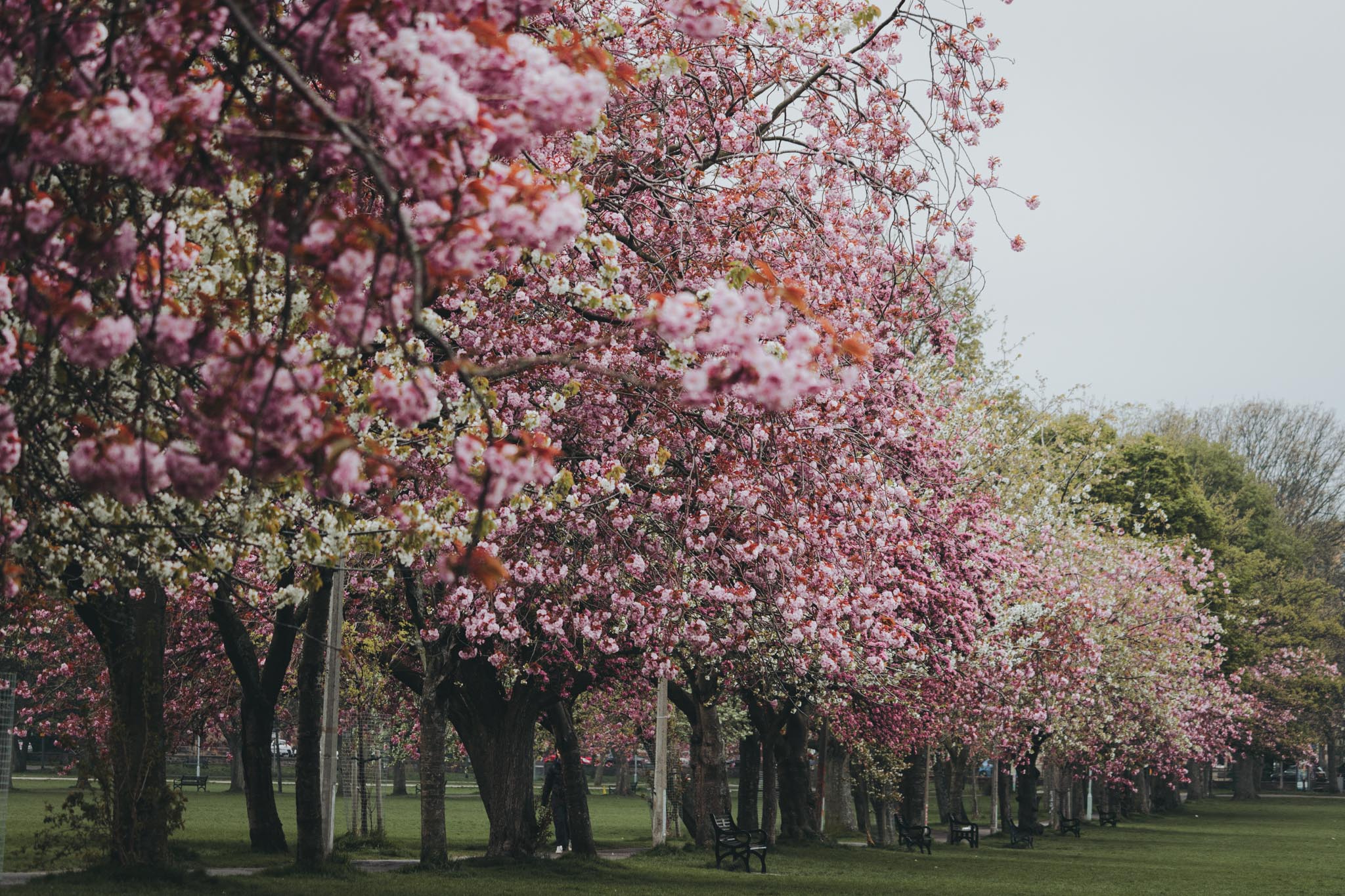
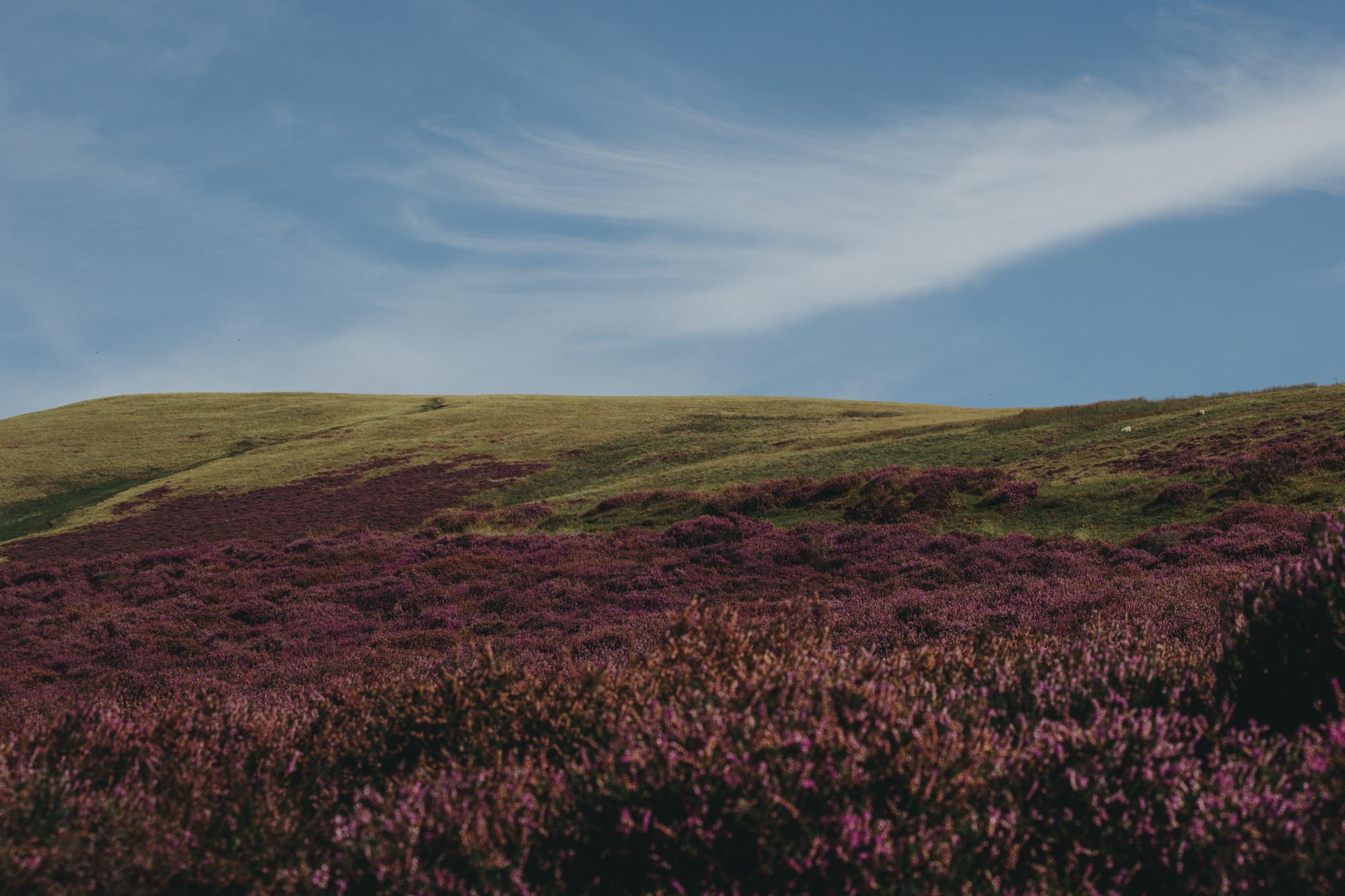
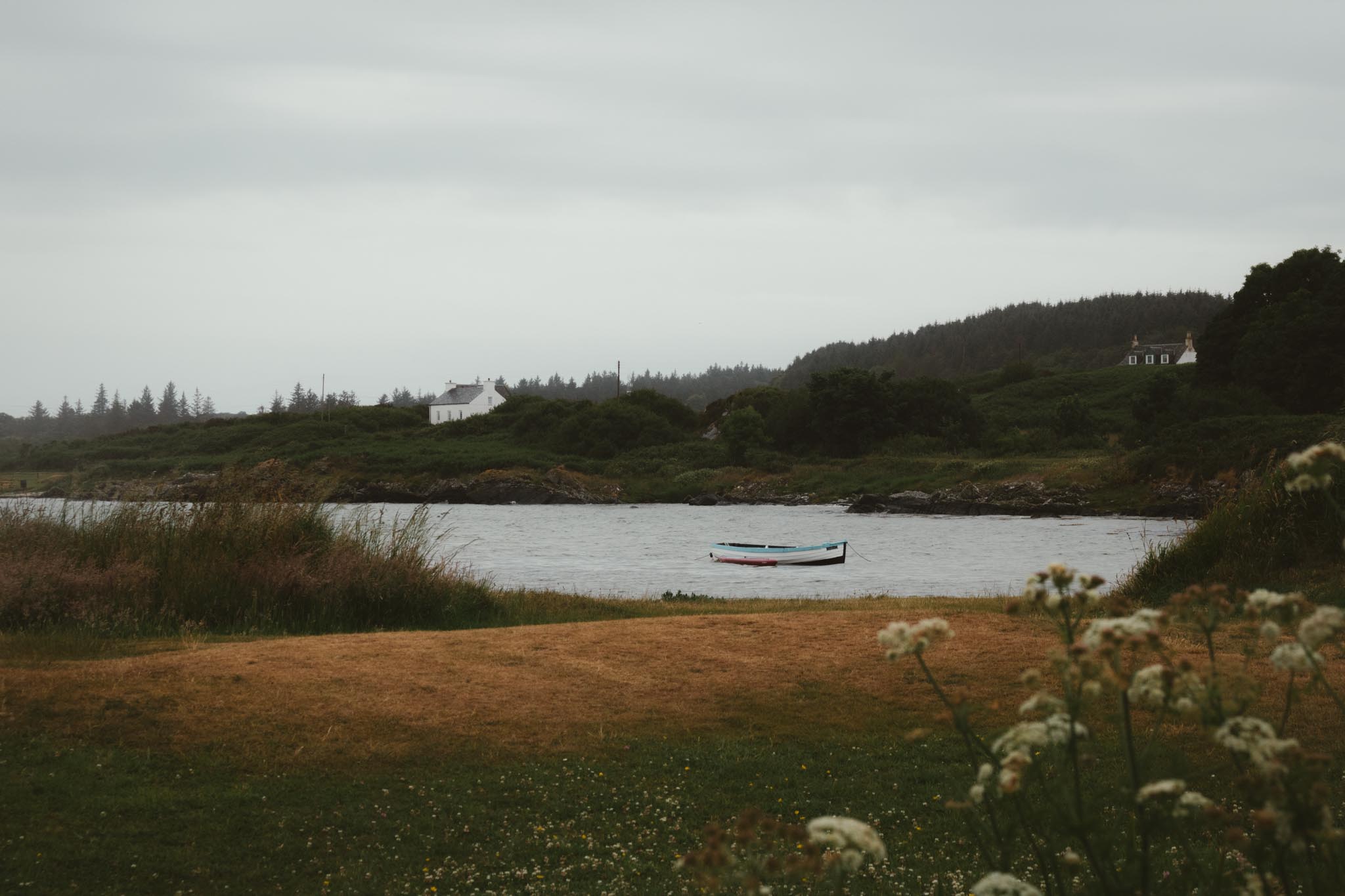
Leave a Reply